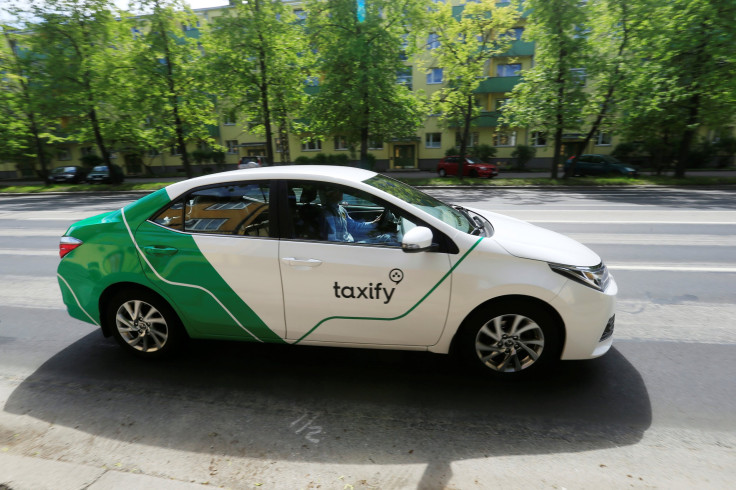Uber Rival Taxify Raises $175 Million In Daimler-Led Funding Round

Another Uber rival seems to be catching up to the ride-hailing service which has seen its operations hit hard in several parts of the world already. Estonia-based Taxify, which operates mostly in cities in Africa and Europe, has raised $175 million in a new round of investment led by German auto giant Daimler, taking its valuation beyond the $1 billion mark.
Daimler already owns stakes in a number of app-based taxi services, including a majority share in Germany’s MyTaxi and a $50 million investment in the U.S. firm Via, along with a number of other players in Europe and the Middle East. The Taxify investment will expand its presence in cities across Central and Eastern Europe, and Africa. Other than those geographies, Taxify also operates in cities in Australia, Canada, Mexico and the Middle East.
According to a statement Wednesday by the two companies, Taxify will spend the money raised on development of its technology and to strengthen its hold on its existing regional markets, Reuters reported. Daimler will get a seat on Taxify’s board as part of the deal.
Investors in the new round of funding include European venture fund Korelya Capital and TransferWise cofounder Taavet Hinrikus. Almost 20 other companies were already invested in Taxify, including 13 percent held by China’s Didi Chuxing, which had pushed Uber out of China in 2016, following a $35 billion merger.
Uber is still the world’s largest player in its business, excluding China, but it has pulled out of a number of regions in the last two years, and faces growing competition in several others. In March, it sold its Southeast Asia business to regional rival Grab, which is backed by Japan’s SoftBank and Didi Chuxing. SoftBank also owns a 15 percent stake in Uber.
In July 2017, Uber also entered into a partnership with Yandex in Russia, where the two services still maintain two separate apps. But that move also led to Uber drawing down from Central and East Asian countries. The company said these changes allowed it to focus on its core markets, such as India, Latin America and the Middle East.
In India, it faces stiff competition from local player Ola, which is also backed by SoftBank and recently started operations in Australia. In the Middle East, its biggest competitor is Careem, another company in which Daimler has invested. Uber also lost a significant market after its operating license in London was canceled in September. Didi Chuxing has entered the market in Mexico, as well as Australia, where Uber currently dominates.
Uber is valued at about $60 billion, and like most start-ups, is still burning through cash. It has expanded its focus areas, from ride sharing to food delivery and research into autonomous driving and flying taxis, a venture for which it has tied up with NASA.
© Copyright IBTimes 2025. All rights reserved.





















